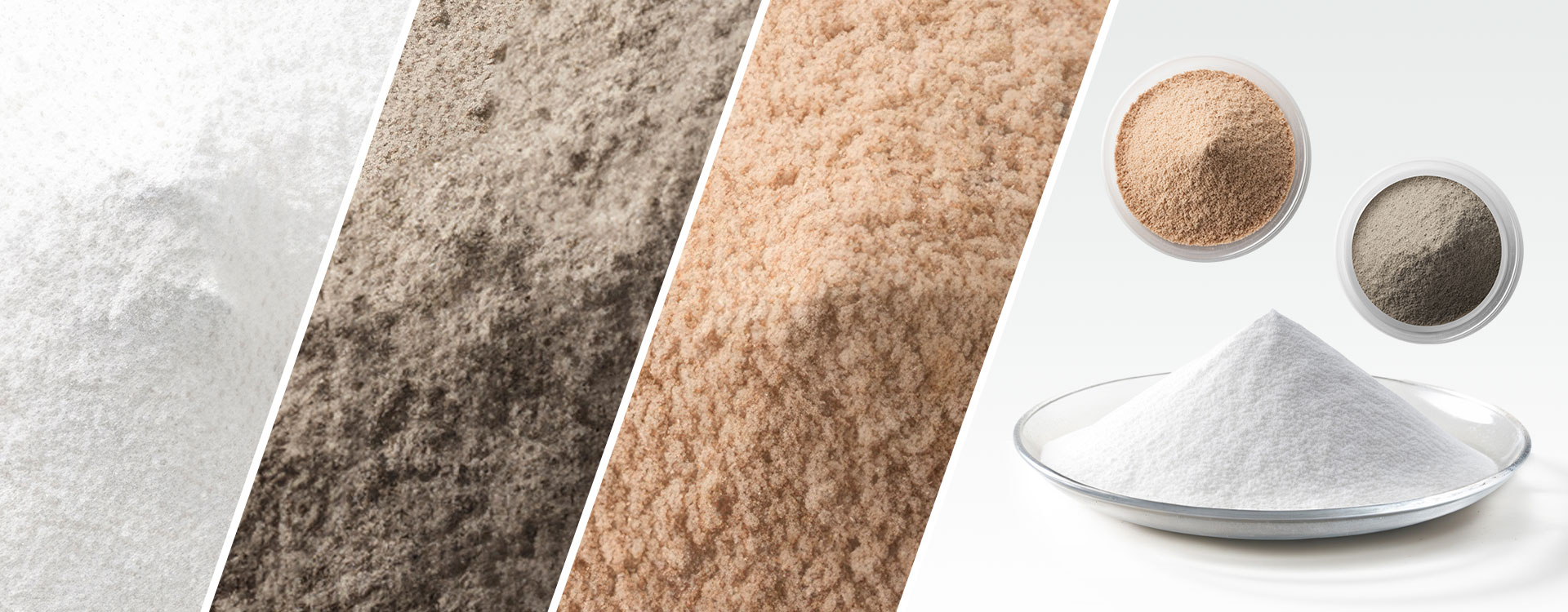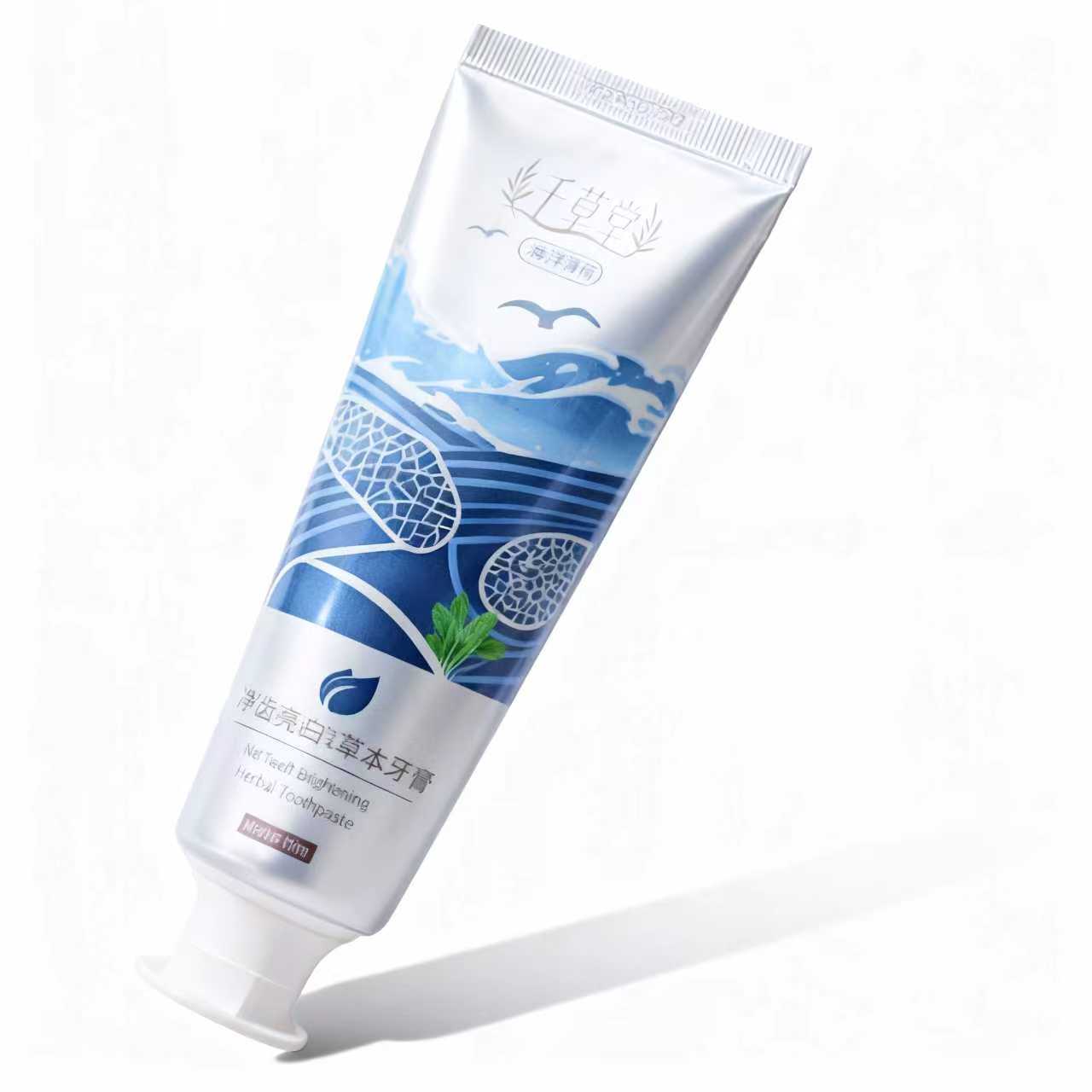
How to Safely Use Diatomaceous Earth in Your Chicken Coop
Discover the benefits of using diatomaceous earth in chicken coops for natural pest control, odor reduction, and moisture management. Explain how to safely apply DE powder for chickens, essential safety precautions.
Diatomaceous earth (DE) is a versatile, natural substance that has gained popularity among poultry keepers for its efficacy in controlling pests and maintaining a cleaner, healthier chicken coop. This comprehensive guide explores how to safely and effectively use diatomaceous earth in chicken coops, the benefits it offers, proper application methods, and essential safety precautions.
What is Diatomaceous Earth?
Diatomaceous earth is a fine, powdery substance derived from fossilized remains of diatoms, a type of microscopic algae that thrived in ancient water bodies. Over millions of years, these algae accumulated and solidified into porous, silica-rich deposits. These deposits are mined, processed, and ground into a fine powder known as diatomaceous earth.
There are two primary types of DE:
Food Grade DE: This type is safe for use in animal areas, including chicken coops. It is free from harmful chemicals and is used for pest control, odor management, and as a natural feed additive in poultry care.
Pool Grade DE: This type is processed with chemicals and used for industrial filtration purposes. It is not safe for animal use as it can be toxic and cause respiratory harm.
For poultry care, only food-grade DE is recommended due to its safety profile and effectiveness in controlling pests and maintaining hygiene in the coop.

Benefits of Using Diatomaceous Earth in Chicken Coops
Pest Control:
DE powder for chickens acts as a natural insecticide. Its sharp, abrasive particles can pierce the exoskeletons of pests such as mites, lice, fleas, and ticks, causing them to dehydrate and die. This process is purely mechanical, reducing the need for chemical insecticides.
Unlike chemical treatments, DE does not pose the risk of chemical resistance, making it a long-term solution for pest management.
Odor Control:
Chicken coops can develop strong, unpleasant odors due to ammonia released from droppings. DE helps to absorb excess moisture, reducing ammonia buildup and neutralizing foul odors. This contributes to a healthier living environment for the chickens and reduces respiratory irritation.
Moisture Control:
Damp bedding can become a breeding ground for bacteria and parasites. By absorbing moisture, DE helps to keep the coop dry and less hospitable to pests. This also minimizes the risk of mold and fungal growth.
Improved Coop Hygiene:
Regular application of diatomaceous earth chicken coop treatment ensures a cleaner, drier living area for poultry. It reduces the spread of diseases by limiting parasite infestations and minimizing harmful bacteria.
Parasite Prevention:
DE can be applied directly to chickens as a preventive measure against mites and lice. When chickens dust themselves, the DE particles work to kill parasites and prevent infestations.
How to Apply Diatomaceous Earth in Chicken Coops
1.Preparation:
Thoroughly clean the coop before applying DE. Remove old bedding, droppings, and any debris. Scrub surfaces, nesting boxes, and perches to eliminate existing pests and sanitize the area.
2.Application of DE Powder:
Bedding and Nesting Areas: Lightly sprinkle a thin layer of DE powder for chickens over the bedding and nesting boxes. Ensure that the layer is even but not excessive to avoid dust accumulation.
Dust Bath: Create a dust bath by mixing DE with dry sand, ash, or soil. This allows chickens to naturally dust themselves, which helps prevent mite and lice infestations. The dust bath should be located in a shaded, dry area of the coop.
Feather Application: Wearing a dust mask and gloves, gently dust the chickens’ feathers with DE, focusing on areas prone to parasites such as under the wings and around the vent. Avoid direct contact with the eyes, nose, and mouth of both chickens and handlers.
3.Reapplication:
Reapply DE every two to three weeks or after heavy cleaning. Monitor the coop for signs of pests, moisture buildup, or odor and adjust the application frequency accordingly.
Safety Precautions When Using Diatomaceous Earth
Use Food-Grade DE Only: Pool-grade DE is chemically treated and unsafe for animal use. Always verify the product label to ensure it is food-grade and safe for poultry.
Protective Gear: Wear a dust mask, gloves, and goggles when handling DE to prevent inhalation and eye irritation. DE particles are abrasive and can cause respiratory discomfort if inhaled in large quantities.
Ventilation: Apply DE in well-ventilated areas to reduce airborne dust particles and maintain air quality within the coop.
Avoid Overuse: While DE is effective, excessive application can lead to respiratory issues in chickens. Apply sparingly and avoid creating large dust clouds.

Common Questions About Diatomaceous Earth for Chickens
1. Can I mix DE with chicken feed?
Yes, food-grade DE can be mixed with chicken feed as a natural dewormer. However, consult with a veterinarian to determine the appropriate dosage and frequency to avoid potential health risks.
2. How often should I apply DE in the chicken coop?
The application frequency depends on pest activity, moisture levels, and coop conditions. As a general guideline, reapply DE every two to three weeks, especially after cleaning or heavy rain.
3. Is DE safe for baby chicks?
DE can be used around baby chicks, but caution is necessary to prevent respiratory irritation. Apply lightly to bedding and avoid direct contact with chicks’ skin. Monitor chicks closely for any signs of discomfort or respiratory distress.
4. Can DE be used in organic farming?
Yes, food-grade DE is permitted in organic farming as a natural pest control agent. It is a non-toxic alternative to synthetic pesticides and is widely used in organic poultry management.
Conclusion
Diatomaceous earth is a valuable addition to chicken coop maintenance, offering a natural, chemical-free way to control pests, reduce odor, and maintain a cleaner living environment. Its versatility in pest control, moisture management, and odor reduction makes it a must-have for poultry keepers. By following proper application methods and safety precautions, poultry owners can effectively use DE to protect their chickens while promoting overall coop health. As with any treatment, it is essential to use food-grade DE and monitor both the flock and coop environment to ensure safe and effective use.


(1).jpg)
